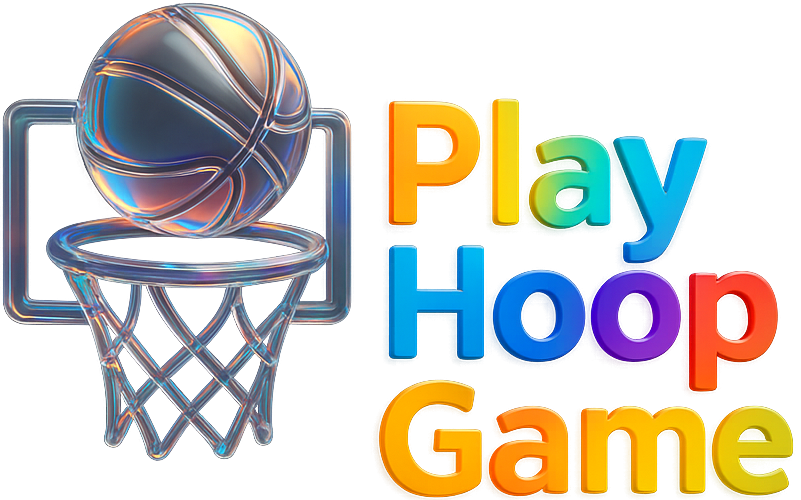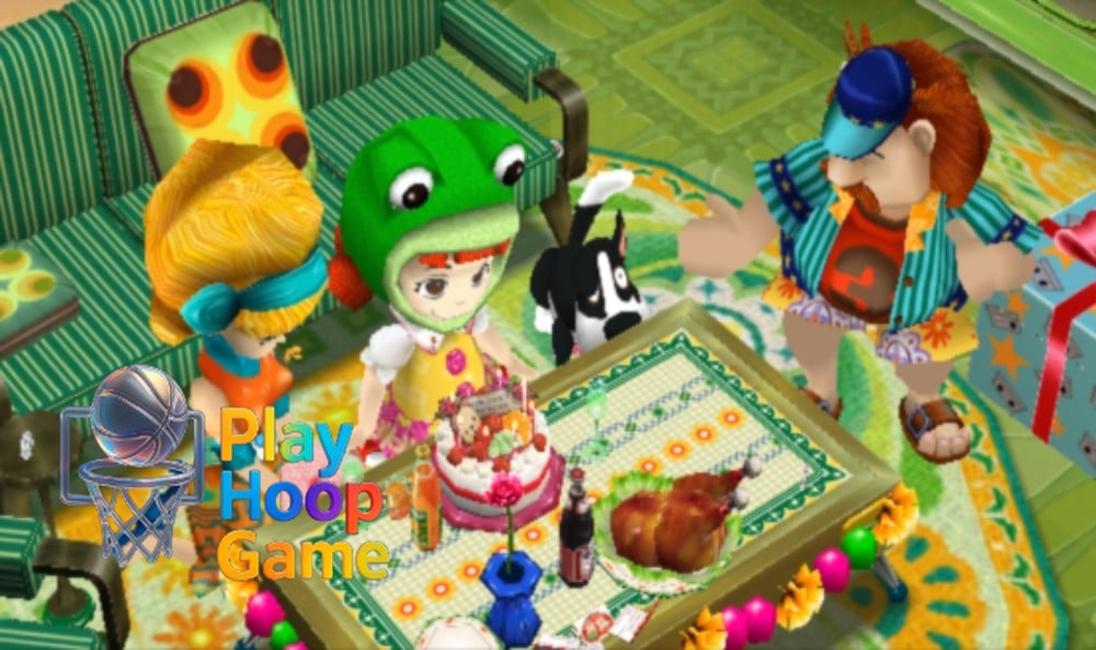I can still feel it. The satisfying clunk of a tiny, 3-inch disc locking into place. The iconic, jingle-and-cube animation of the GameCube booting up. It’s a sensory memory that’s been burned into my brain for over twenty years. That little purple box (or black, or silver, you know the one) with its ridiculous-but-somehow-perfect handle was more than a console. It was a portal to some of the most daring, bizarre, and downright brilliant games Nintendo and its partners ever made.
And for the last decade, it’s felt like a forgotten portal. A dusty attic door Nintendo padlocked and threw away the key for.
We’ve watched as NES, SNES, and even N64 games flooded onto the Switch through the Online service. And we’ve been grateful, mostly. But every Nintendo Direct, every shareholder meeting, every whisper on the wind has been met with the same collective, desperate question from a generation of gamers: “Where is the GameCube?” The silence has been deafening, broken only by the occasional, full-priced remaster of a game like Metroid Prime or Paper Mario: The Thousand-Year Door. Crumbs from a banquet we know is sitting there, just waiting to be served.
But something just shifted. A faint signal from the other side. A key, turning in that old, rusty lock.
The Whisper That Changed Everything
Okay, let’s not get ahead of ourselves. Nintendo hasn't suddenly announced a "GameCube Online + Expansion Pack Ultra" for their next console. It was quieter than that. Subtler. But in this desert of information, even a single drop of water feels like a flood.
The news came from a place you might not expect. A developer interview, tucked away in a niche gaming publication. They were talking about a beloved, if slightly obscure, RPG from that era. And then they said it. The magic words. They mentioned being excited to work on a project for "future Nintendo hardware." No specifics. No timeline. Just a confirmation that they were, in fact, working on something new that wasn’t for the current Switch. The project in question? A revival of a cult-classic GameCube title.
Now, I know what you’re thinking. That’s thin. It’s pure speculation. And you’re not wrong. But here’s the thing—it’s the first real, tangible evidence we’ve had in years that Nintendo is actively looking back at its GameCube catalog for its next-gen plans. This isn't just another remaster to plug a hole in the current release schedule. This is forward-looking. This is a developer, on the record, confirming that a GameCube-era game is being considered for the Switch 2.
In a very real sense, The Switch 2’s GameCube library is finally getting a new addition. It might just be one book on an otherwise empty shelf, but it’s there. And it tells us the library is actually being built.
Why This Little Purple Box Still Haunts Our Dreams
The obsession with the GameCube isn't just simple nostalgia. It’s not just about wanting to replay old favorites. It’s about a specific, unrepeatable moment in gaming history. The GameCube was Nintendo’s punk rock phase. It was weird. It took chances. It was the underdog fighting against the monolithic PlayStation 2, and that struggle produced some absolute diamonds.
Think about it. This was the console that gave us the divisive, cel-shaded brilliance of The Wind Waker, a game so artistically bold it caused a fan revolt at the time. It gave us the existential melancholy of vacuuming a suburban home in Chibi-Robo!. It delivered the pure, blistering, face-melting speed of F-Zero GX, a game so intense and perfect that many believe it can't be topped, only re-released. Games today, even great ones, often feel market-tested and safe. GameCube games felt like passion projects. Like a developer had a wonderfully strange idea and Nintendo just said, "Yeah, go for it. Put it in the little purple box." The unique mechanics in some of those titles are still inspiring the kinds of games that are trending today.
And that’s the heart of it. We don't just want these games back for a history lesson. We want them back because that creative spirit feels more necessary than ever. In a world of endless sequels and live-service treadmills, the idea of playing something as wonderfully self-contained and bizarre as Cubivore: Survival of the Fittest feels like a breath of fresh air.
So, What Could a GameCube Revival on the Switch 2 Look Like?
This is where the fun really begins. If this whisper is the start of a trend, how could Nintendo actually pull it off? The easy answer is to just create a new tier for Nintendo Switch Online. Pay your $60 a year, and you get a rotating library of GameCube classics. I think we’d all sign up in a heartbeat. But it’s not quite that simple.
There are technical hurdles. The original GameCube controller had analog triggers with a final "click" at the bottom that was used for crucial gameplay functions in games like Super Mario Sunshine and Luigi's Mansion. The Switch's Joy-Cons and Pro Controller don't have that. Emulating it is possible, sure, but it's clunky. It requires a level of care that Nintendo hasn't always shown with its N64 emulation, which has been… let’s just say “inconsistent.” A big part of the adventure in those games was the unique control scheme, a feeling you can chase on modern platforms like CrazyGames, but it’s never quite the same.
I initially thought the hardware was the main barrier, but I’m starting to believe it’s a deliberate business strategy. Why give us Metroid Prime for "free" on a subscription service when you can sell a phenomenal, ground-up remaster for $40? The success of these individual remasters may have actually convinced Nintendo that the Virtual Console model is dead. Perhaps the future isn't a library subscription, but a steady stream of full-priced, beautifully restored individual releases.
Honestly? I’d be okay with that too. As long as they come. As long as we get to see Path of Radiance, Eternal Darkness, and Skies of Arcadia Legends rescued from the purgatory of insane eBay prices. Give them the Metroid Prime Remastered treatment. I'll pay. Just let them live again.
It all comes back to that little clunk of the disc drive. That feeling of potential. For years, the GameCube has been a memory. A happy one, but a memory nonetheless. Now, for the first time, it feels like it could be part of the future. It's a fragile hope, built on whispers and speculation, but for those of us who grew up with that little purple box, it's more than enough. It's everything.
FAQs: A Few Lingering Questions You Might Have
So is the Switch 2 officially confirmed by Nintendo?
Nope, not officially. Nintendo is notoriously tight-lipped about new hardware until they're good and ready. However, credible reports from major outlets like Bloomberg and Eurogamer, plus hints in component supply chains, all point toward new hardware launching in early 2025. It's the industry's worst-kept secret at this point.
Why haven't we gotten more GameCube games on the current Switch?
It's likely a mix of two things: technical challenges and business strategy. The analog triggers on the original controller are a real hurdle for faithful emulation on current Switch hardware. More importantly, Nintendo has seen huge success selling individual remasters like Metroid Prime for $40, which is a lot more profitable than just adding it to the NSO subscription.
What other GameCube games are people desperate to see return?
Oh, where to even begin! The holy grails for many are the RPGs that are incredibly expensive on the secondhand market, like Fire Emblem: Path of Radiance and Skies of Arcadia Legends. Then you have the legendary horror game Eternal Darkness: Sanity's Requiem and the untouchable racing king, F-Zero GX.
How would the Switch 2’s GameCube library even work?
The two most likely scenarios are a new, premium tier for Nintendo Switch Online (think the N64 + Expansion Pack, but for GCN) or a continuation of the current strategy: selling high-quality, individual remasters and remakes on the eShop. Honestly, a mix of both would probably be the dream scenario for fans.
But is it actually true that the library is getting a new addition already?
In a pre-emptive, hopeful sort of way, yes! When a developer confirms they are working on bringing a GameCube title to "future hardware," they are effectively laying the very first stone for that future library. It's the earliest, most concrete sign we can get that plans are in motion long before the console is even announced.

























